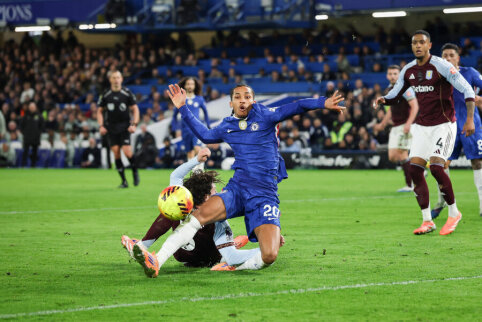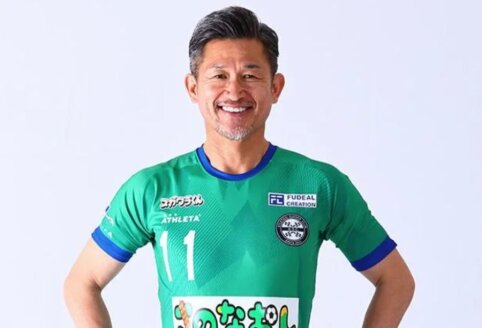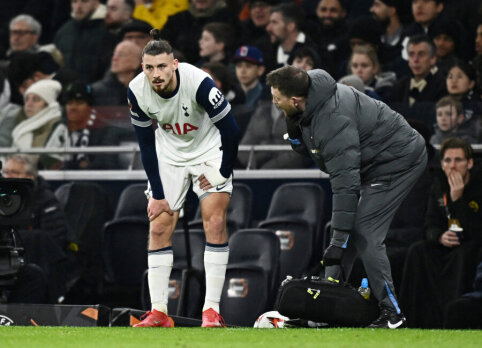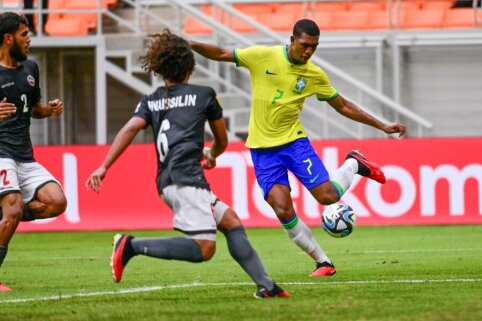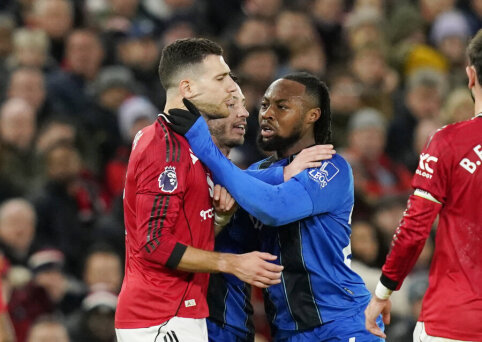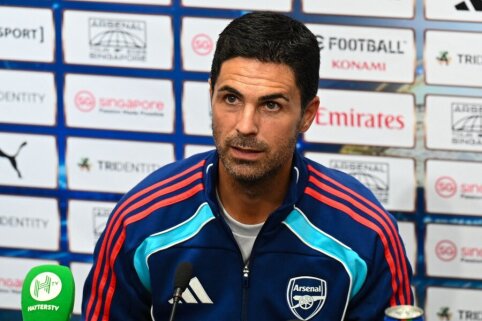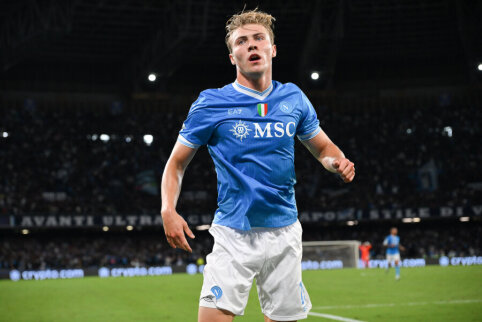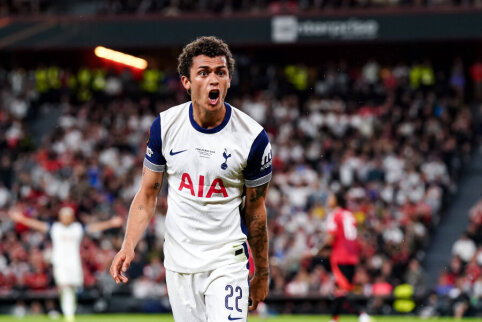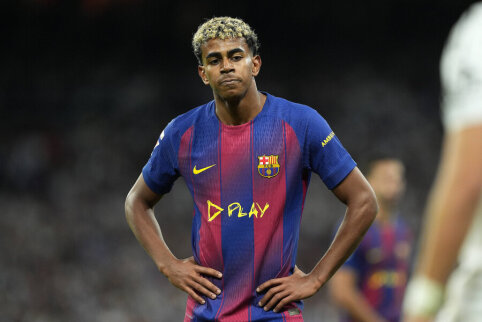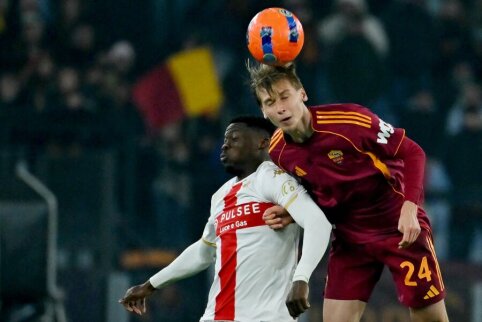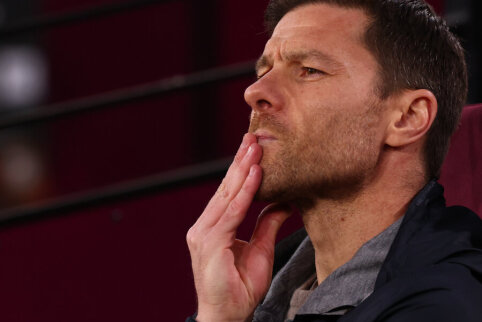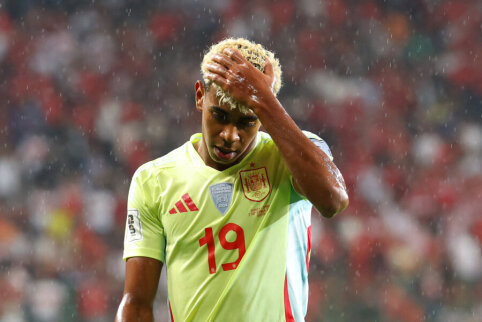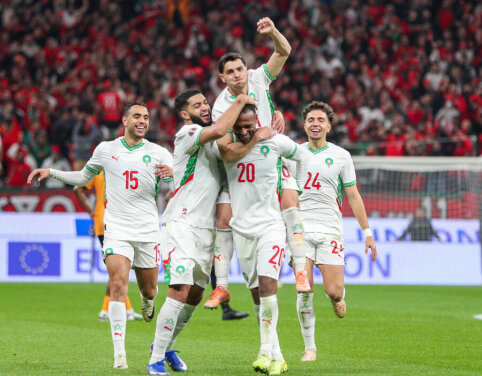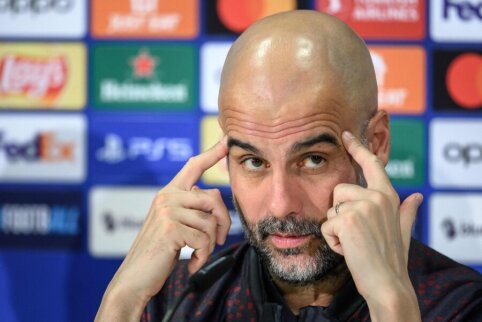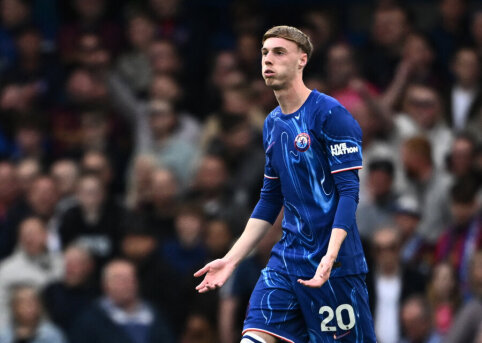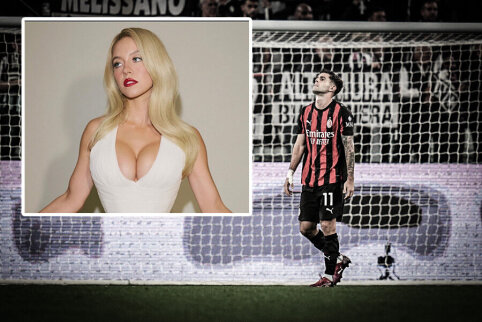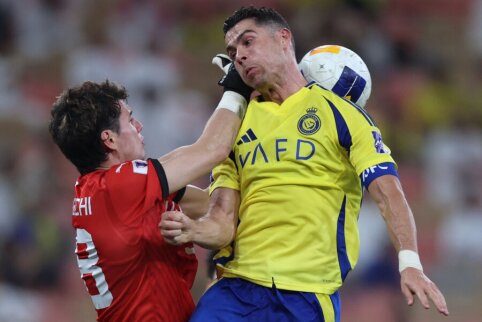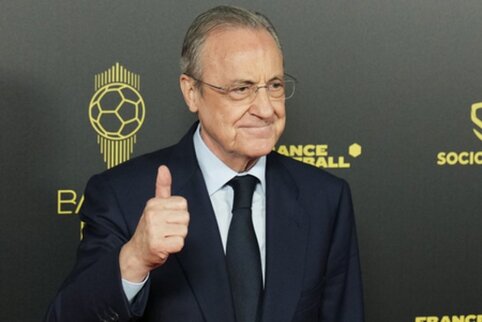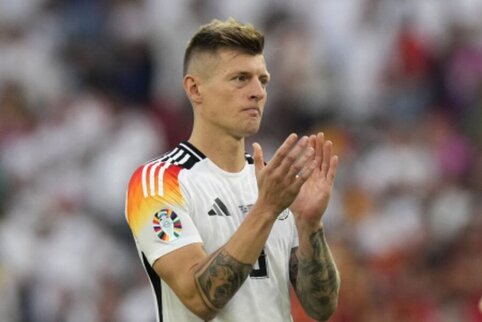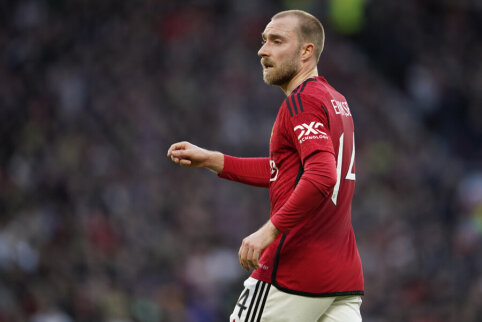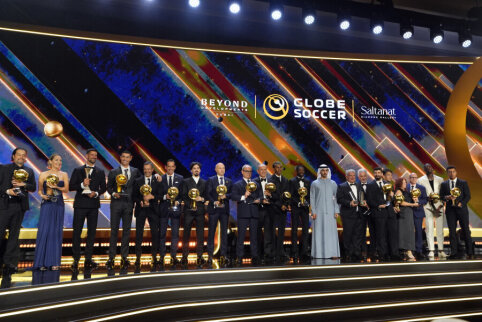 © EuroFootball.com
© EuroFootball.com
Before the start of the first European Cup, the West German national team was already a strong force on the World football map. However, at that time, West Germany had won the 1954 World Cup, participated in the semi-finals in 1958. Germans were not impressed by the European Cup when it appeared, so they skipped the first two competitions.
At the time when the East German national team was participating in two European Cup qualifiers, the West Germans were still skeptical of Henry Delone's idea of a tournament. Only as the silver medalists of the 1966 World Cup, the West Germans decided to participate in the continental games. Their debut was not very successful. In the qualifying campaign, a young striker Gerd Muller shone, but he did not play in the final qualifying matches. His teammates, including future stars Overath, Netzer, and Held, failed to secure a victory against the Albanian national team. The ticket to the quarterfinals went to Yugoslavia, who outperformed the Germans by one point.
Then came the golden era of German football. In 1972, playing in the European Cup final in Belgium, the West German national team shocked Europe with a phenomenal performance, which was immediately dubbed "the football of the future". The team, led by players such as Netzer, Beckenbauer, Muller, current coach Uli Hoeness, young Paul Breitner, and other global football stars, crushed the Soviet Union team 3-0 in the final in Brussels.
In 1976, the Germans were in another final, where the "Bundesteam" lost to Czechoslovakia after penalties. With Beckenbauer, Hoeness, Vogts, and Maier in goal, the Germans were trailing 1-2 until the last minute of regulation time when Bernd Hölzenbein saved Germany, reminding of the unbreakable Teutonic character. But in the penalty shootout, Uli Hoeness, the last German to take a shot, shot over the goal, as Czech Antonin Panenka cheekily chipped the ball into the net, fooling the jumping Sepp Maier.
The Germans took revenge against the Czechs four years later when they found themselves practically in the same group as now at the 1980 European Championship. Initially, they defeated Czechoslovakia 1-0, then beat the Dutch, and drew with the debutant Greeks. Winning the group, the West German team advanced to the final, where Horst Hrubesch's goals led West Germany to become the continent's champion for the second time in its history.
Four years later, West Germany played in another final, this time deservedly. After advancing from the group stage with Italy, Czechoslovakia, and Russia, the Germans, despite losing striker Jurgen Klinsmann to injury, won a thrilling semi-final against England. In the final, the Germans unexpectedly faced another team, the Czech Republic, which they had beaten easily in the group stage. In the final, the Germans fought back from a goal down to defeat the Czechs 2-1, clinching their third championship title.
And four years ago... Four years ago, Germany "gifted" their most shameful performance in history. Competing in the tournament hosted by the Netherlands and Belgium, the players were seen partying instead of focusing on their games. The coach at that time, Erich Ribbeck, failed to inspire the team, leading to a dismal showing and a 0-3 defeat against a reserve Portugal team.
Plagued by this debacle, Ribbeck resigned, and Rudi Voller took over the team. What followed after that is probably best left unmentioned. Despite the disgrace suffered at home against England, Voller somehow led the team to the knockout rounds, where they dashed the hopes of Ukrainian coach Valeriy Lobanovskyi to lead Ukraine to the World Cup.
Before the matches in Japan and South Korea, Voller lost eight (!) of his key players, but he still had goalkeeper Oliver Kahn, midfielder Michael Ballack, and forward Miroslav Klose. This trio became the linchpins of Germany's successful run in the tournament. Germany unexpectedly reached the championship final, where they lost to Brazil. The silver medalists were welcomed in Frankfurt, reminiscent of the reception they received in 1990 when they brought home the World Cup gold from Italy. This time, Voller was also part of the champions.
And then came the struggles, and the German press again started talking about a national football crisis. "Bundesteam" found themselves in a fairly easy group, and they started well by defeating the Lithuanian national team away. But then it all went downhill: a questionable 2-1 victory over the Faroe Islands (in the last minute, the Faroes could have equalized but hit the post), hard-fought draws at home and in Scotland, and a nervy visit to Iceland, where only a late goal secured a win for the Germans.
Everything hinged on the home win against Iceland. The 3-0 scoreline seemed convincing, but at 1-0, Russian referee Valentin Ivanov (the same one who officiated the Champions League quarter-final tie between Manchester United and Porto this year) disallowed an Icelandic goal. Later, in a friendly match, a catastrophe occurred, and the team suffered a shocking 0-4 defeat to Romania. Overall, the three-time European champions opened the door to Portugal with a considerable creak.
It is naive to expect that the Germans will win the entire tournament after their breakthrough in the group stage from "the company of death." However, before the Euro 2004 final, if circumstances are favorable, this team can go a long way. The team's failure in the championship will inevitably sow panic in a country that will host the World Cup in two years.
Star
On February 24, 2004, Oliver Kahn ceased to be the best goalkeeper in the world. With seven minutes to go in the first leg of the Champions League quarter-finals against Madrid, he made a foolish mistake. The ball, weakly struck by Roberto Carlos, went straight at Kahn, but he, awkwardly falling on the grass, let it go under him, through his fairly recent body. "Even if I didn't have arms or legs, I had no right to let that shot through," Kahn later criticized himself.
The goalkeeper's critics, after this mistake, started talking again about how Olly was no longer the same, and the cause of all this was his divorce from his wife and an affair with the footballer's girlfriend, Verena Kert. "Nonsense," Kahn brushed off such talk. "I feel like I'm in optimal form." However, Oliver Kahn has indeed ceased to be the unbreakable wall he once was.
This mistake, happening in Munich, could have been corrected in the return leg in Madrid. Joined by his loyal girlfriend Verena, Oliver traveled to Madrid, telling journalists, "In the crowded Santiago Bernabeu, I'll be like a drop of ink in a hundred liters of water, but Oliver will feel my support in the smelly stadium." And still, this did not help. Kahn, defending the team with a couple of episodes, eventually let in a shot by Zinedine Zidane and became the main culprit of Munich's early exit from the tournament.
Recalling his past blunders, Kahn made a similar error in the 2002 World Cup finals when he clumsily handled the ball and Ronaldo scored another goal with a repeated shot. Or a mistake similar to the situation with Roberto Carlos' penalty, when in the Euro 2000 match against Portugal, he conceded another goal to Sergio Conceicao. However, during the World Cup, he brought almost an essential contribution to the team's silver success, and the goal he let in was due to his fingers being injured just before the shot, but the error with Sergio Conceicao did not change the outcome as Germany had lost all hopes of winning medals.
Now Kahn didn't just make a mistake; he LET DOWN his team. Immediately after that, Rudi Voller replaced him with Jens Lehmann for the friendly against Belgium.
Oliver Kahn, the standout player of the German national team, despite all his recent failures, may be facing a crucial moment in his biography during Euro 2004. Either he will be immortalized in German football history as a goalkeeper for a remarkable period, or he will be mentioned like Andreas Kopke, a great goalkeeper, but who only shined in one tournament – Euro 1996.
Oliver Kahn excelled in just one tournament – the 2002 World Cup. If Kahn fails to shine in the same way in Portugal, there might not be a place for him in the 2006 World Cup, where he plans to end his career. Germany has always had many excellent goalkeepers, so the saying "a warm spot does not stay empty for long" applies here.
Weak Link
Most of the players in the German national team's attacking line were born outside of Germany. Oliver Neuville in Ticino, Switzerland, Miroslav Klose in Opole, Poland, Kevin Kuranyi in Rio de Janeiro, Fredi Bobic somewhere in Slovenia, Gerald Asamoah in Ghana. The only striker born in Germany, Benjamin Lauth, who may not even get a place in the first team. Remember, Vogts once actively recruited Shawn Dandy, born in South Africa, for the national team.
No, and Kuranyi, Bobic, and Klose play just as dedicatedly as the real Germans, but the fact of their inclusion in the national team speaks to the weakness of German forwards. The lack of sharply focused forwards is evident when Germans score only 13 goals in 8 matches in the qualifiers.
Notwithstanding the striking lack of young forwards in the country, there have been many talented defenders and midfielders in recent years. Players like Foehlner, Friedrich, Schnellinger, Metzelder, and Schneider are shining in Bundesliga. The country is just missing sharp forwards to complete the national team's lineup.
Due to the lack of good forwards, the Germans scored only 13 goals in 8 matches in the qualifiers. This is most painful for the national team coach Rudi Voller, who was once a fabulous striker. Even with his talent in the ninth decade, he sometimes did not make it into the national team — as other strikers, such as Allofs, Rummenigge, and Hrubesh, were shining. Those were the days...
Hope
The German football team often demonstrated their strength of will so many times that the Teutonic character can be considered a constant factor always on Germany's side. The strength of will began to falter only from 1998 onwards.
